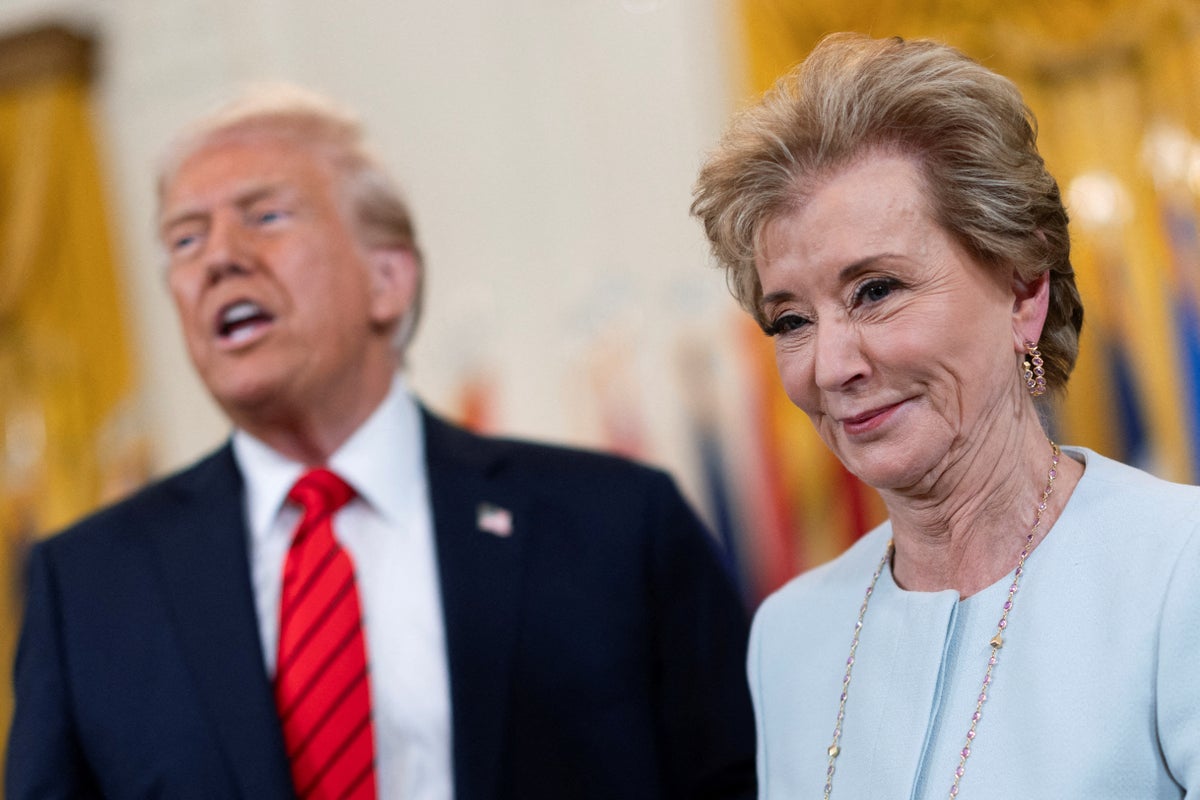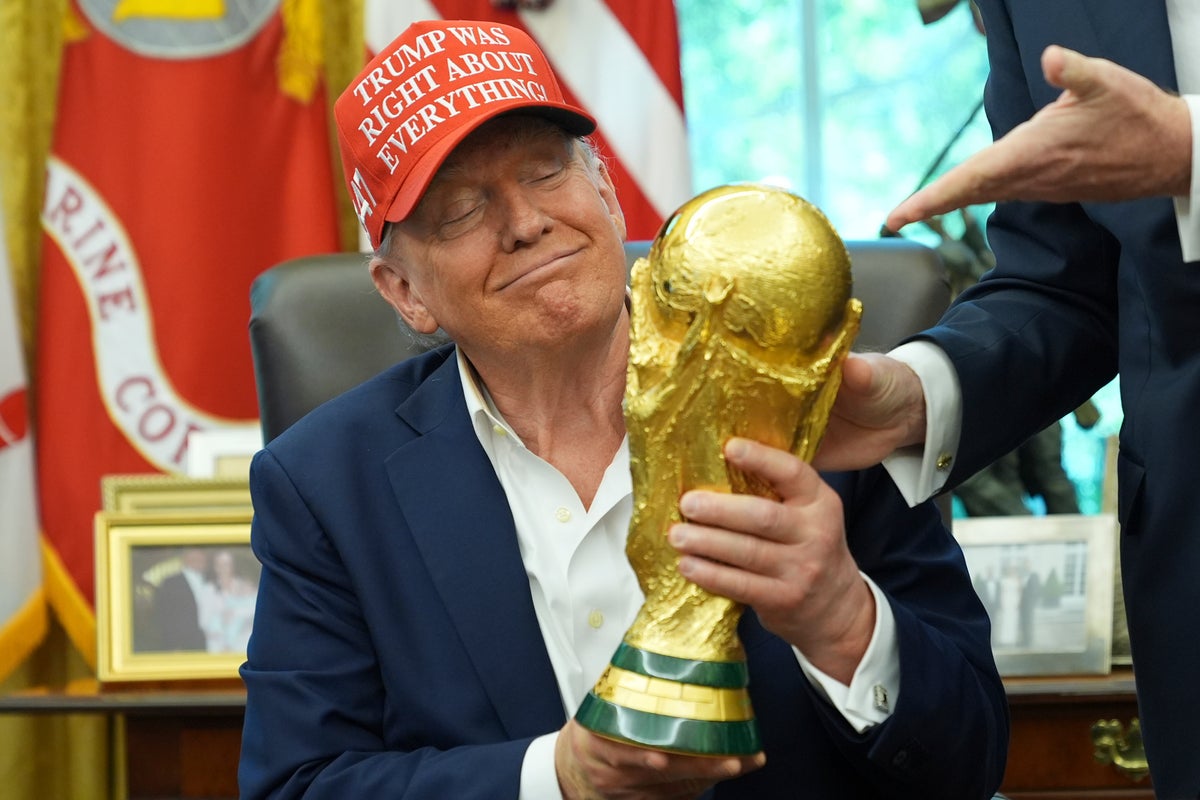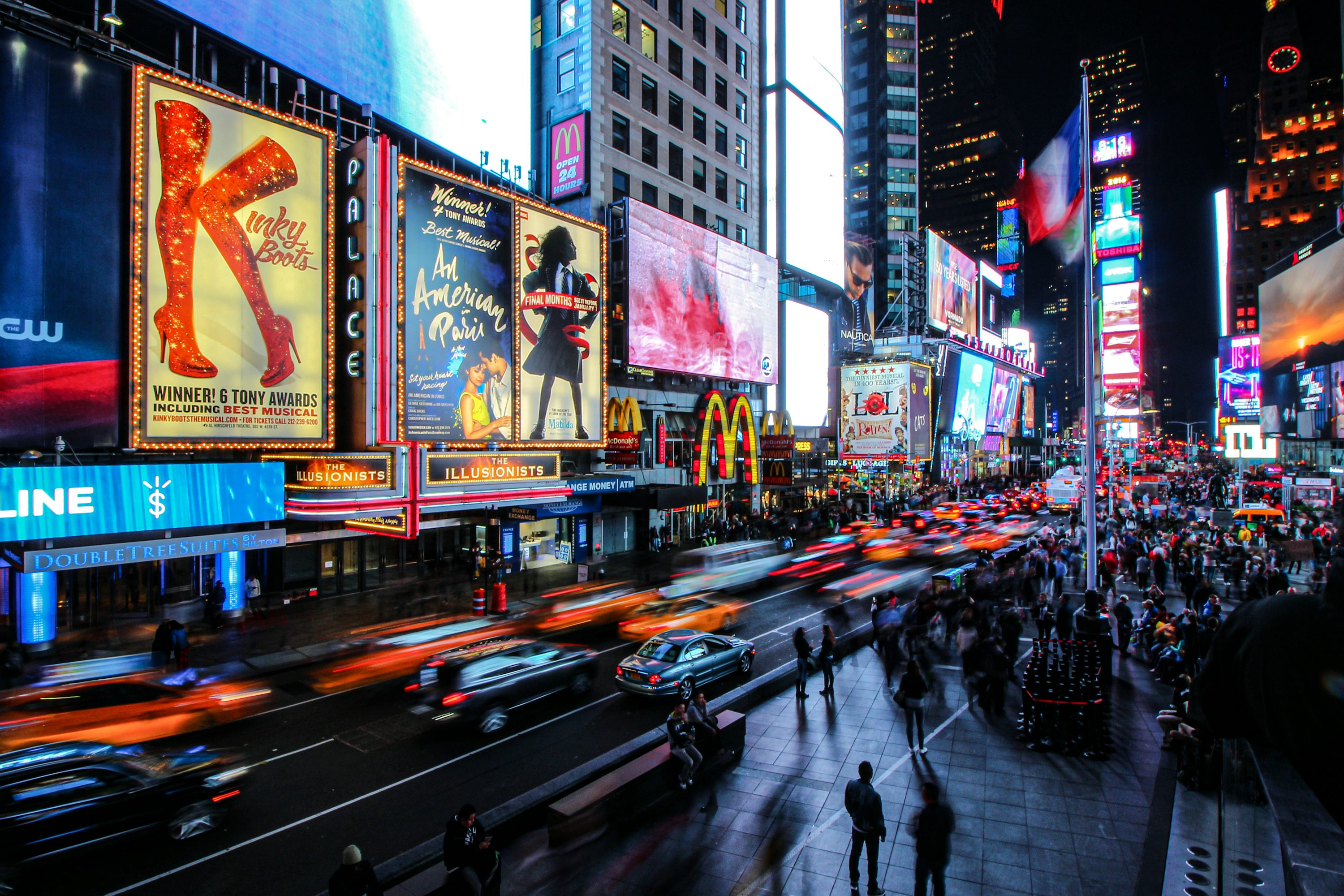This article is written by a student writer from the Her Campus at FSU chapter and does not reflect the views of Her Campus.
Oh, the good old days… if only my fondest childhood memories could be used against me as a marketing strategy…
Using nostalgia as a rhetorical tool is a cheap and manipulative way to keep an audience in a tight, emotional grasp. It stunts the development of new ideas because innovation takes risk; recycling old material is a safe, dependable way to keep audiences crawling back.
There are obviously glaring examples, like Disney’s several swing-and-miss live-action remakes, but if you’re paying close enough attention, you’ll notice it goes way beyond that. Yes, movies are involved in this, but so is marketing and even politics. Corporations are desperately trying to coddle and mother you into giving your time, attention, and money.
Marketing
Just the other week, when I found myself shamefully hunched over the Taco Bell self-service kiosk ordering a Crunchwrap Supreme and a Baja Blast, I couldn’t help but notice the bright neon light blinding me from the home screen ad.
Oh, goody, it’s Taco Bell embracing “Y2K nostalgia” with its menu of discontinued items from the past, available for a limited time only. The Cool Ranch Doritos Locos Tacos and the Chili Cheese Burrito may be “vintage” Taco Bell items, but there was nothing vintage about the prices. In fact, every item on the Y2K menu is priced under three dollars, but that’s still up to three times the amount you’d be paying for these items in “the good old days.”
So, there I was, staring over the self-service kiosk, with the irony of a “vintage menu” at modern prices staring right back at me.
Just this past summer, Sabrina Carpenter launched her Strawberry Daydream Refresher at Dunkin, with the promotions featuring Carpenter sitting in an ’80s-themed corporate cubicle, with a big bleached blonde perm and a tight vintage button-up. Trust me, I’m a ride or die Sabrina Carpenter fan, but I couldn’t help but feel this was Dunkin’s attempt to jump on the “classic” style ad campaign bandwagon.
Of course, it doesn’t end there. eBay launched its “Pre-Loved Fashion” campaign featuring Emma Chamberlain, with 1970s-retro-themed ads promoting second-hand shopping in fashion. The ads weren’t just selling used clothes; they were selling a feeling where bidding for hand-me-downs was the best way to tap into your vintage aesthetic.
These weren’t necessarily bad ad campaigns, but there’s a common theme here. The retro look, whether from the late 1980s or the early 2000s, is repetitive, unoriginal, and part of a larger issue. It’s purposeful in its rhetoric.
Childhood Movies
The list of Disney’s live-action remakes will probably be the first example of rhetorical nostalgia in film that you think of. I mean, how could it not be after their recent disasters that were Snow White and Lilo & Stitch? However, I’d argue that several other recently released (or soon-to-be-released) movies are doing the same, albeit with less fanfare than Disney’s notoriously bad cash grabs.
A genre that’s been gaining popularity over the years is celebrity biopics, specifically musicians from the late 1960s to early 1990s. Just to rattle off a few, Elvis, Bohemian Rhapsody, A Complete Unknown, Back to Black, and Rocketman have all come out in just the past 10 years, and have all been incredible successes.
More musician biopics are expected to hit theaters next year, including the highly anticipated Springsteen: Deliver Me From Nowhere, starring Jeremy Allen White, and Michael, a Michael Jackson biopic starring Jaafar Jackson, Michael Jackson’s nephew.
Other than our weird obsession with celebrity culture and lifestyle, these successes have something to do with our resonance with the music as an audience. It’s a look into how the classics we listened to growing up came to be, once again, reminding us of our past.
Although I hate to say it, a couple of movies that are crucial to Gen Z culture, such as A Minecraft Movie and Five Nights at Freddy’s, are two examples of rhetorical nostalgia in film that seem to be doing particularly well. Both are based on beloved childhood video games, and there’s no doubt that the marketing and writing really played into the emotional connection an entire generation has to both games.
I can’t express enough how much I enjoyed both of these movies as somebody who grew up playing these games. As a fan, my concern is the risk of these movies being bled dry, as both of them have a sequel in the works (and likely more thereafter), and we lose the esteemed storylines and artistic and creative value to corporate greed.
Again, I want to reiterate that a movie utilizing rhetorical nostalgia doesn’t automatically make it bad. All I’m saying is that there’s a pattern to be recognized here, one that relies on an already established emotional connection to an existing story that pushes you to invest in a remix of “new” content. It’s a never-ending cycle of profiteering and a shortage of new media, if you will.
Politics
The use of rhetorical nostalgia in American politics is a little bit more serious (and sometimes scary) than what’s been previously mentioned. When examining political rhetoric, the use of nostalgia can be categorized in three ways: playful, progressive, and reluctant.
Playful rhetorical nostalgia in politics includes the personal anecdotes that politicians give in speeches, tying their points back to their own childhood. This can include personal and cultural memories, and often paints a positive light on the past, as a way to look forward to a brighter future. Progressive rhetoric is similar because it balances past and present ideals.
Reluctant rhetorical nostalgia is a lot more intense, and it covers a lot of what we see from the Trump administration. This oratorical strategy focuses on emphasizing a lost national identity to promote more traditional ideals. Even the coined slogan “Make America Great Again” uses rhetorical nostalgia to reference a past time in history that we must embrace again in this country.
So, what’s the point in all this? It’s interesting to see all of the subconscious marketing tools that corporations and politicians use to manipulate their audience’s emotions, especially in these trying times. I guess you could say the more surprising part is that Five Nights at Freddy’s and the Trump administration actually share more in common than you might’ve expected, including a heavy reliance on rhetorical nostalgia.
Want to see more HCFSU? Be sure to follow us on Instagram, Twitter, TikTok, YouTube, and Pinterest!

.jpeg)
.jpg?mbid=social_retweet)































 English (US) ·
English (US) ·